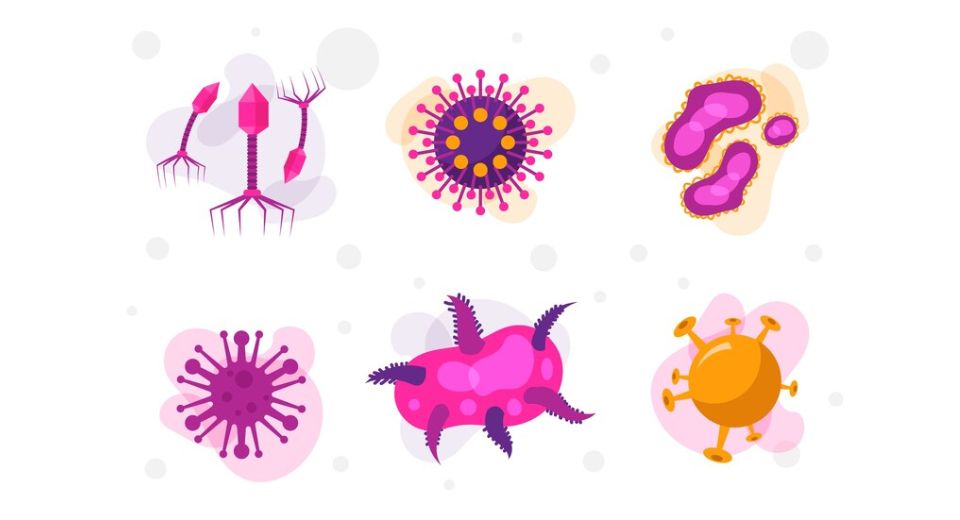
Apr 16, 2024

The Global Animal Parasiticides Market, as analyzed by Metastat Insight, presents a complex yet vital landscape within the broader context of animal health and agriculture. Spanning various regions and sectors, this market encapsulates a diverse array of products and solutions aimed at combating parasitic infections in animals. From livestock to pets, the demand for effective parasiticides remains constant, driven by the need to safeguard animal welfare, ensure food safety, and mitigate economic losses associated with parasitic infestations.
At the forefront of this market are pharmaceutical companies, veterinary clinics, and agricultural enterprises, all contributing to the development, distribution, and administration of animal parasiticides. These stakeholders navigate a multifaceted environment characterized by regulatory frameworks, technological advancements, and evolving consumer preferences. As such, innovation and adaptation are key drivers shaping the trajectory of the animal parasiticides market.
One of the primary factors driving the demand for animal parasiticides is the growing awareness of zoonotic diseases, which can transmit from animals to humans. Parasitic infections not only pose a threat to animal health but also have implications for public health. Consequently, there is a heightened emphasis on preventive measures and treatment protocols to mitigate the risk of zoonotic transmission, spurring the adoption of parasiticides across diverse sectors and geographies.
Furthermore, the intensification of livestock production and the expansion of pet ownership contribute to the expanding market for animal parasiticides. As agricultural practices evolve to meet the demands of a growing global population, the need to manage parasitic infections in livestock becomes increasingly paramount. Similarly, the rising number of companion animals underscores the importance of preventative healthcare measures, including regular deworming and parasite control.
In response to these trends, manufacturers of animal parasiticides are investing in research and development to enhance the efficacy, safety, and convenience of their products. This includes the development of novel formulations, extended-release technologies, and combination therapies aimed at targeting a broad spectrum of parasites while minimizing adverse effects on animals and the environment.
Additionally, advancements in diagnostic tools and testing methodologies are facilitating more accurate and timely identification of parasitic infections, enabling veterinarians and livestock producers to implement targeted treatment strategies. The integration of digital technologies, such as telemedicine and data analytics, further enhances the efficiency of parasiticide management programs, enabling proactive surveillance and response to emerging threats.
Geographically, the demand for animal parasiticides varies based on factors such as climate, livestock populations, and regulatory environments. While developed markets in North America and Europe demonstrate a mature landscape with a focus on product innovation and regulatory compliance, emerging markets in Asia-Pacific and Latin America present opportunities for market expansion driven by increasing disposable incomes, urbanization, and changing consumer preferences.
However, the animal parasiticides market also faces challenges, including resistance to conventional chemotherapeutic agents, regulatory complexities, and the need for sustainable solutions that minimize environmental impact. Addressing these challenges requires collaboration among stakeholders across the value chain, including government agencies, research institutions, and industry partners, to develop holistic approaches to parasite management.
The Global Animal Parasiticides market represents a critical component of animal health and welfare, with far-reaching implications for food security, public health, and economic sustainability. As the market continues to evolve, driven by technological innovation, regulatory dynamics, and shifting consumer preferences, stakeholders must remain agile and proactive in addressing emerging challenges and opportunities. Through collaboration and innovation, the animal parasiticides industry can continue to advance its mission of safeguarding animal health and promoting sustainable agriculture.
Drop us an email at:
Call us on:
+1 214 613 5758
+91 73850 57479